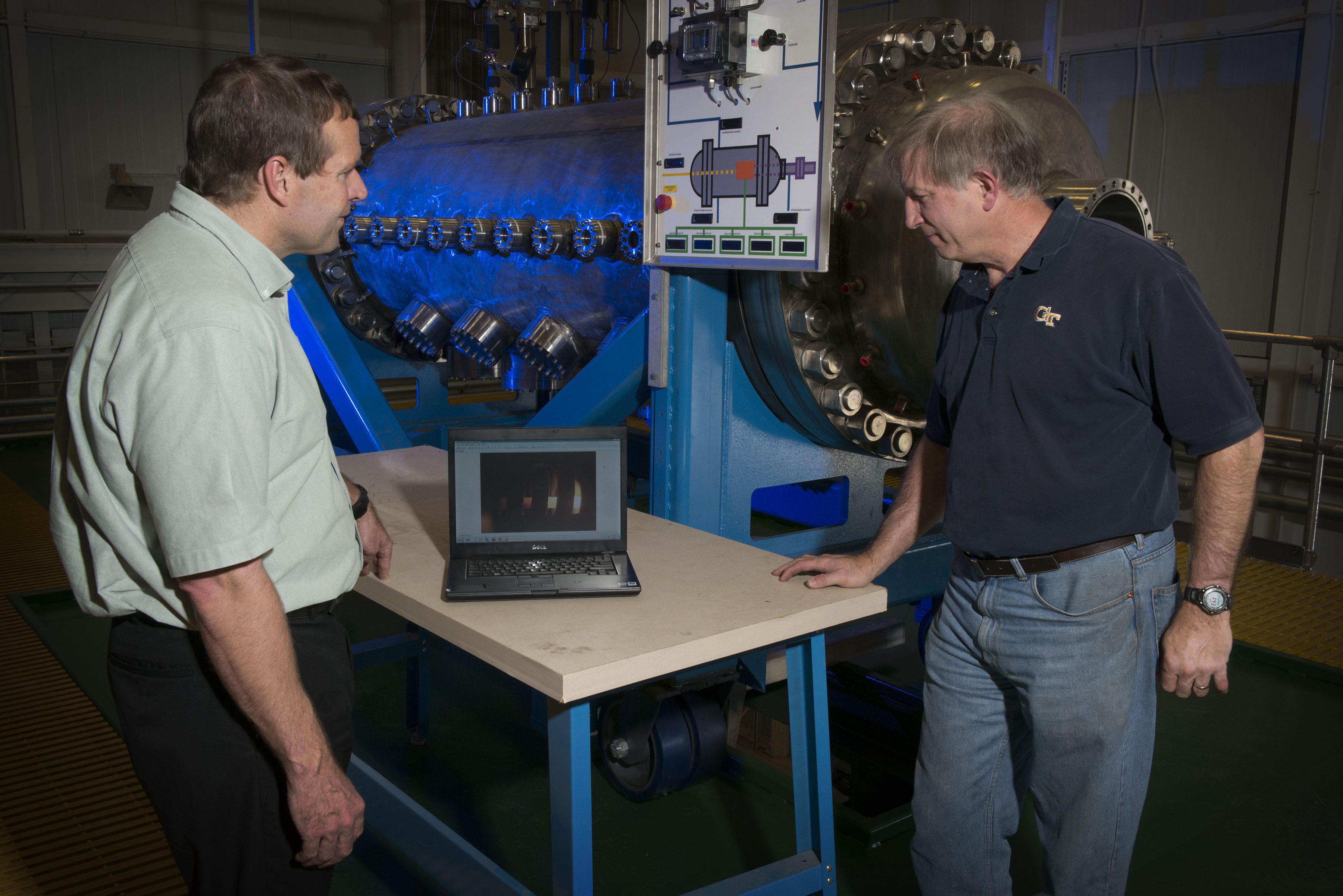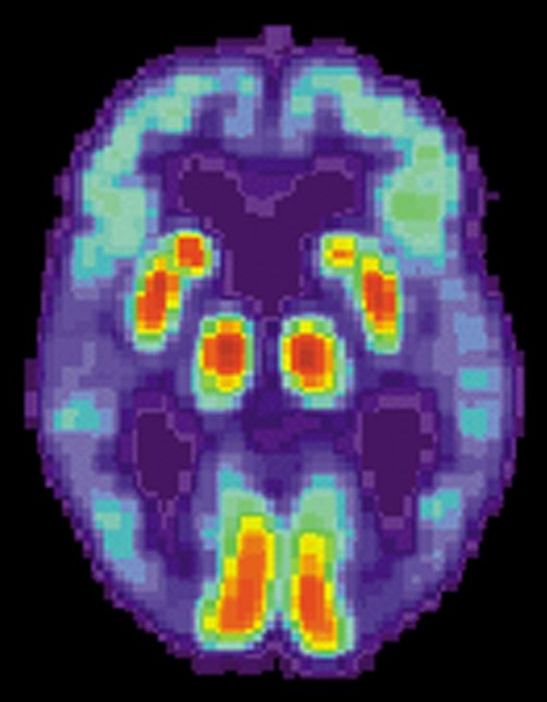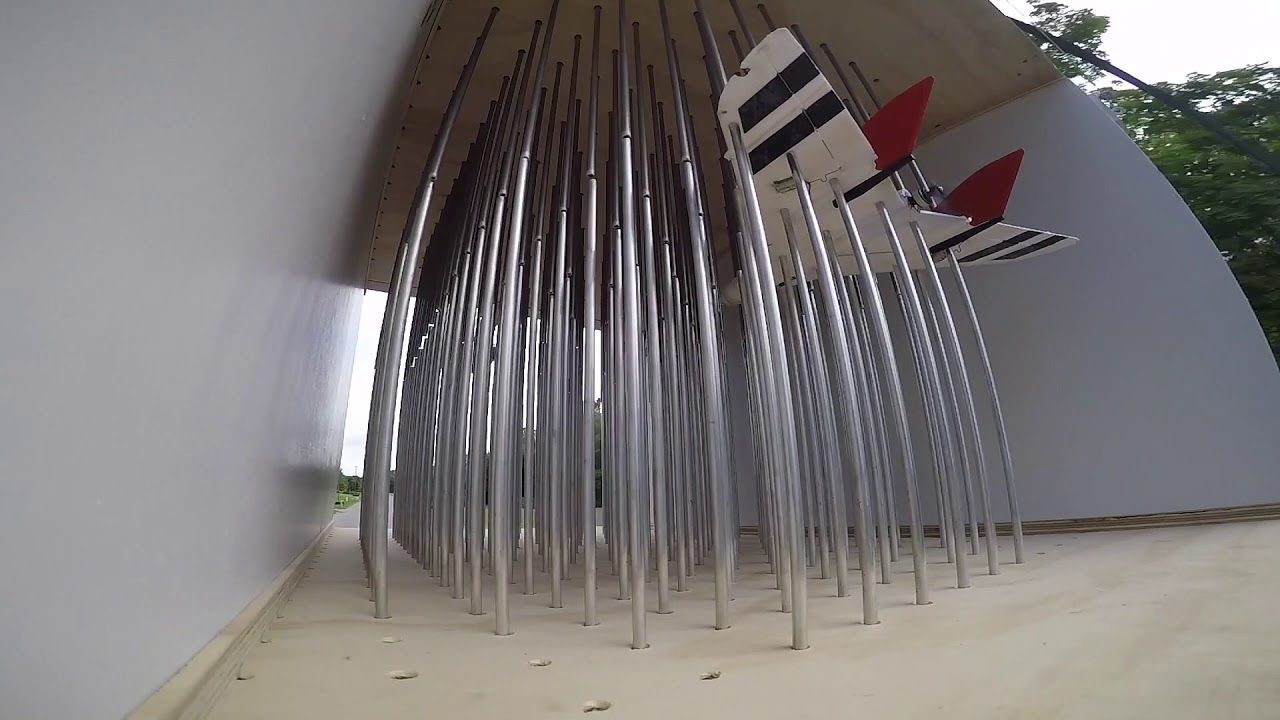Page 9880
Sep 1, 2018
Scientists clone virus to help stop overwhelming grape disease
Posted by Genevieve Klien in category: biotech/medical
A new discovery by Washington State University scientists could help grape growers roll back a devastating virus that withers vines and shrivels harvests.
Named for how it curls the leaves of infected plants, grapevine leafroll disease costs growers millions of dollars in lost vines and productivity. Until now, no one has been able to replicate one of the main culprits behind the disease, a virus called grapevine leafroll-associated virus 3—leafroll 3, for short.
For the first time, researchers in WSU’s Department of Plant Pathology have found a way to clone leafroll 3, opening the door for experiments and treatments to protect valuable Washington vineyards.
Continue reading “Scientists clone virus to help stop overwhelming grape disease” »
Sep 1, 2018
Mars Opportunity rover will have 45 days to phone home
Posted by Genevieve Klien in categories: solar power, space, sustainability
As a planet-wide dust storm enveloped Mars, many were concerned about the fate of the Opportunity rover. After all, Opportunity is dependent on solar panels; the opacity of the dust storm meant that she wasn’t getting enough light to stay powered. The team at NASA’s Jet Propulsion Laboratory last heard from Opportunity on June 10th. Now, the storm is lifting, and once its opacity reaches a tau level of 1.5, the little rover will have 45 days to respond to the team’s signals. Otherwise, NASA will stop actively listening for the rover.
The tau measures the amount of dust and particulate in the Martian atmosphere. The team hopes that, once the skies have cleared enough and the rover has recharged its batteries, Opportunity will be able to hear and respond to the signals that Earth is sending its way. If 45 days have passed without a response, the team will cease its active efforts to recover the rover. “If we do not hear back after 45 days, the team will be forced to conclude that the Sun-blocking dust and the Martian cold have conspired to cause some type of fault from which the rover will more than likely not recover,” said John Callas, Opportunity’s project manager, in a statement.
That doesn’t mean NASA will have fully given up on Opportunity, though. After all, the rover was originally tasked with a 90-day mission and is still working almost 15 years later. The team will continue “passive listening efforts” — presumably stop sending the rover active signals through the Deep Space Network, but monitor in case Opportunity reaches out first — for an additional several months.
Continue reading “Mars Opportunity rover will have 45 days to phone home” »
Sep 1, 2018
Why Technology Favors Tyranny
Posted by Derick Lee in categories: biotech/medical, robotics/AI
The revolutions in information technology and biotechnology are still in their infancy, and the extent to which they are responsible for the current crisis of liberalism is debatable. Most people in Birmingham, Istanbul, St. Petersburg, and Mumbai are only dimly aware, if they are aware at all, of the rise of AI and its potential impact on their lives. It is undoubtable, however, that the technological revolutions now gathering momentum will in the next few decades confront humankind with the hardest trials it has yet encountered.
Artificial intelligence could erase many practical advantages of democracy, and erode the ideals of liberty and equality. It will further concentrate the power among a small elite if we don’t take steps to stop it.
Sep 1, 2018
Nuclear Thermal Propulsion: Game Changing Technology
Posted by Klaus Baldauf in categories: nuclear energy, space travel
Today’s advances in materials, testing capabilities, and reactor development are providing impetus for NASA to appraise Nuclear Thermal Propulsion (NTP) as an attractive 21st century option to propel human exploration missions to Mars and other deep space destinations.
Utilizing nuclear technology as an ingredient of NASA’s exploration prowess is not new. NTP research is part of the space agency’s storied history. In 1961, NASA and the former Atomic Energy Commission jointly embarked on the Nuclear Engine for Rocket Vehicle Application (NERVA) program – an effort that over several years led to the design, building, and testing of reactors and rocket engines.
Those programmatic high points spurred then-NASA Marshall Space Flight Center director and rocket pioneer, Wernher von Braun, to advocate for a proposed mission, dispatching a dozen crew members to Mars aboard two rockets. Each rocket would be propelled by three NERVA engines. As detailed by von Braun, that expeditionary crew would launch to the Red Planet in November 1981 and land on that distant world in August 1982. In presenting his visionary plan in August 1969 to a Space Task Group, von Braun explained that “although the undertaking of this mission will be a great national challenge, it represents no greater challenge than the commitment made in 1961 to land a man on the moon.”
Continue reading “Nuclear Thermal Propulsion: Game Changing Technology” »
Sep 1, 2018
Would you eat ‘meat’ from a lab? Consumers aren’t necessarily sold on ‘cultured meat’
Posted by Klaus Baldauf in category: food
Cultured meat comes from cells in a lab, not muscles in an animal. While regulatory and technological aspects are being worked out, less is known about whether people are up for eating this stuff.
Aug 31, 2018
Liver disease drug could help restore cells damaged
Posted by Manuel Canovas Lechuga in categories: biotech/medical, neuroscience
A drug which has been used to treat liver disease for decades could help to restore cells damaged by Alzheimer’s, a new study from the University of Sheffield has found.
The pioneering study, funded by Alzheimer’s Research UK, discovered the drug ursodeoxycholic acid (UDCA) improves mitochondrial dysfunction – which is known to be a causative factor for both sporadic and familial Alzheimer’s disease.
Mitochondria play a pivotal role in both neuronal cell survival and death as they regulate energy metabolism and cell death pathways acting as a cell’s battery.
Continue reading “Liver disease drug could help restore cells damaged” »
Aug 31, 2018
This Is A Sailboat And Those Are Sails
Posted by Genevieve Klien in categories: energy, physics
We are undeniably using up what little remains of Earth’s petroleum, and because of that, it’s getting expensive. To reduce fuel costs, shipping companies are turning back to sailboats. Yes, seriously. Sailboats. But they don’t look like any sails you’ve seen before.
You know sails – most of the time big rectangle things, sometimes big triangle things, almost always (but not always-always) made out of cloth. But while those things in the top gif don’t look like your normal sails, that’s what they are. They just don’t work like any sail you’ve ever seen before.
Most sails you’ve seen rely on the wind directly acting against them to provide propulsion. But these new types of sails, known as “rotor sails” rely on a physics principle called the Magnus Effect. Here, I’ll let the people with delightfully thick Finnish accents from Norsepower, the company that makes them, explain it:

















